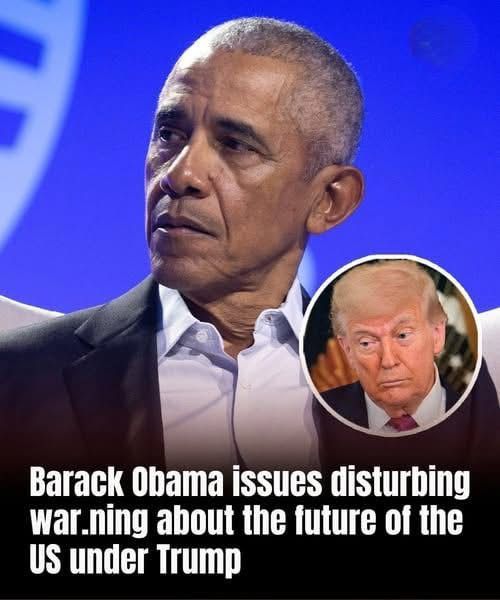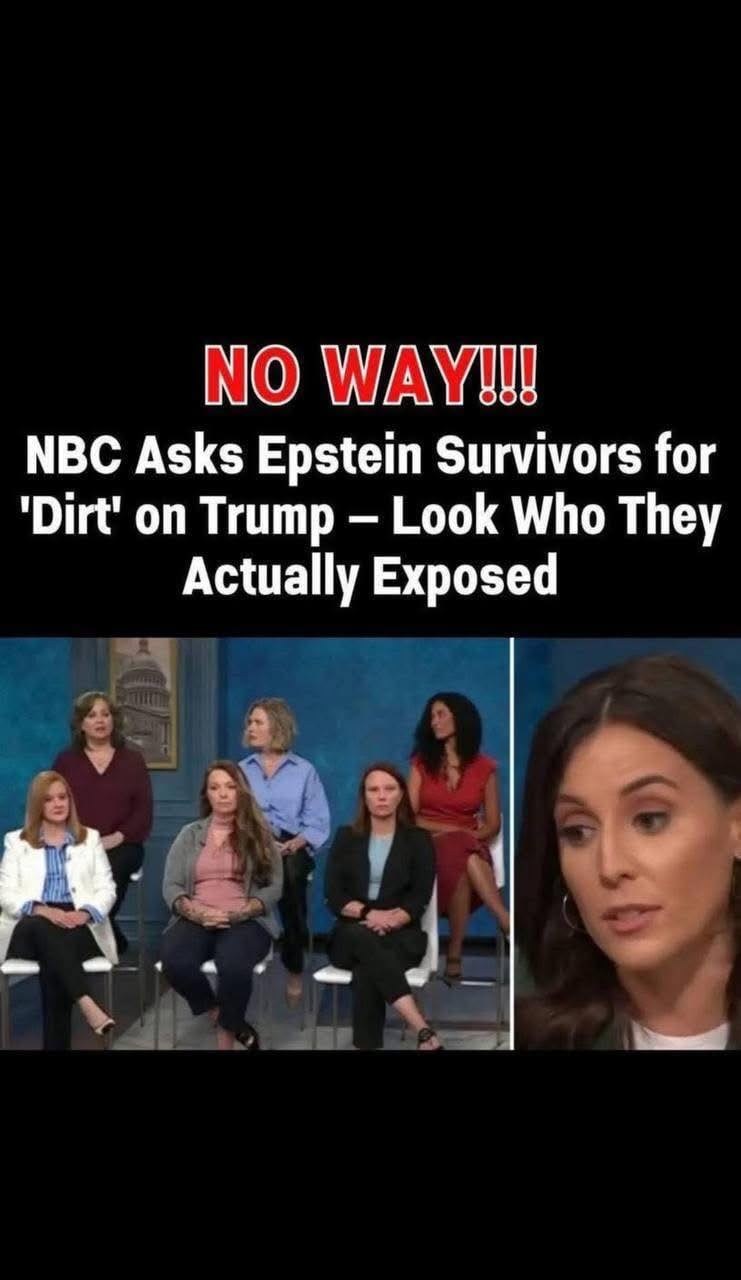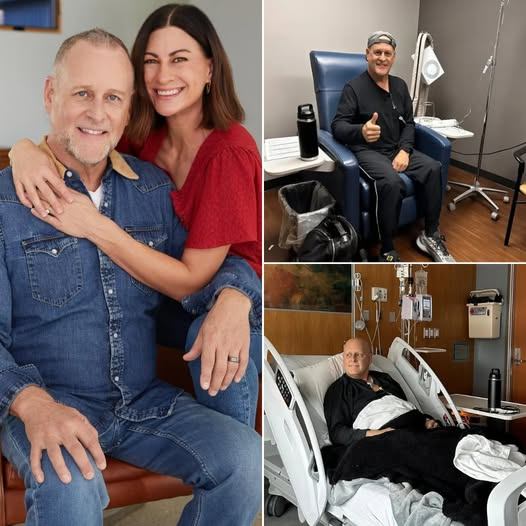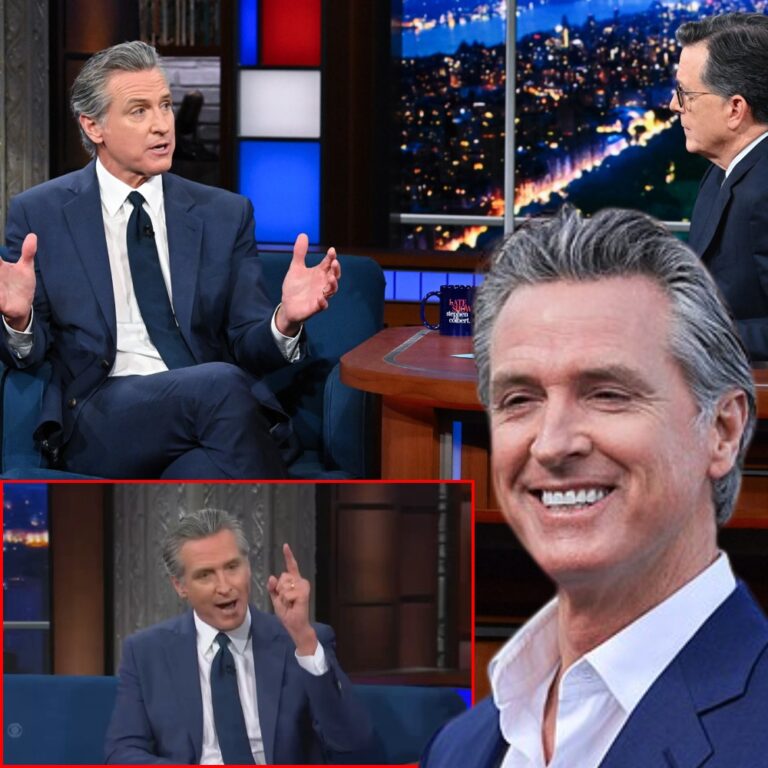
Former President Barack Obama has expressed growing concern over the political direction of the United States, warning that the country may be straying from the democratic values that have long defined its identity. Speaking during a recent event in Hartford, Connecticut, he highlighted a series of troubling developments that, in his view, could signal a move toward more centralized and unchecked power.
Drawing a comparison to other nations where democratic systems appear to function but critical safeguards have weakened, Obama referenced countries like Hungary, where independent institutions such as the judiciary and media have experienced increased pressure. He emphasized the importance of protecting foundational principles like freedom of the press, the rule of law, and the balance of power within government.
Since leaving office in 2017, Obama has largely remained in the background, occasionally weighing in on major national issues. Recently, however, his tone has shifted to one of urgency. Without naming specific political figures directly, he pointed to trends he finds troubling—such as reduced support for educational institutions, shifts in trade policies, and intensified political rhetoric—as signs that long-standing norms may be at risk.
One of his key concerns is how the government responds to public dissent and civic engagement. Obama cited examples where peaceful protests were met with aggressive tactics, and immigration policies became more stringent, raising questions about how civil liberties are being preserved in today’s climate.
These remarks come amid a wave of public demonstrations. Across the country, thousands have gathered under the theme “No King” to express concern about potential overreach in government. The protests, which span all 50 states, reflect a growing demand for transparency, accountability, and the preservation of democratic processes.
While praising the peaceful demonstrations as a healthy expression of civic responsibility, Obama also underscored that real change requires more than protest. He encouraged lawmakers on both sides of the political aisle to uphold democratic values, even when it means making difficult or unpopular choices. He reminded the audience that democracy thrives when its defenders act with integrity and courage, regardless of political affiliation.
In closing, Obama delivered a powerful message: threats to democracy rarely appear all at once. Instead, they emerge gradually—through apathy, silence, and the normalization of undemocratic practices. The responsibility, he said, lies with citizens and leaders alike to remain alert, informed, and committed to the ideals that have guided the nation for generations.
What do you think is the biggest challenge facing democracy today?
Join the conversation below and share your thoughts with others who care about the future of civic engagement.



